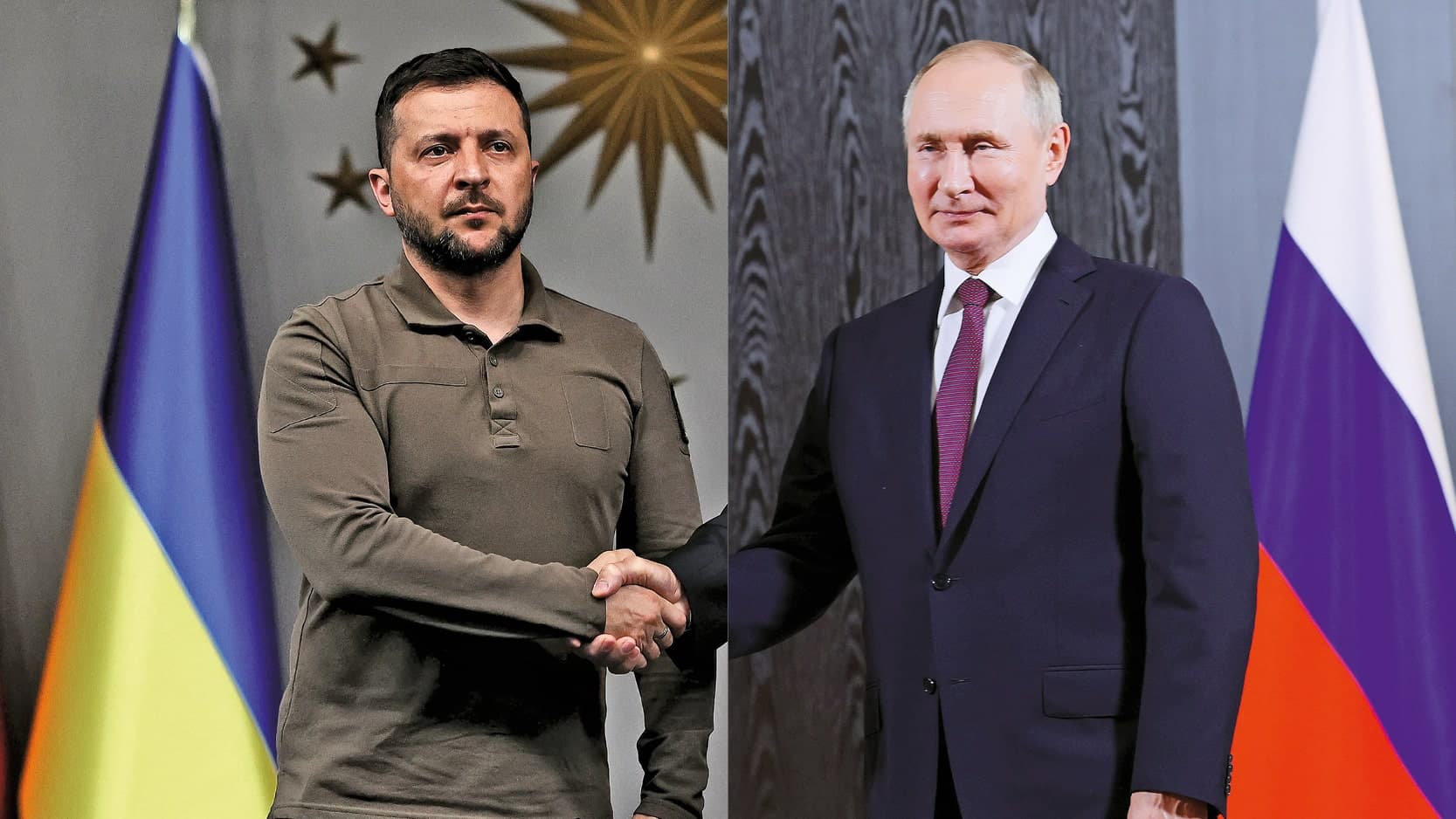We're loading the full news article for you. This includes the article content, images, author information, and related articles.
A new US-brokered peace proposal could signal an end to the Ukraine war, potentially stabilizing global food and fuel prices critical to Kenya's economy, but the reported terms demand significant territorial and military sacrifices from Kyiv.

The United States has presented a draft peace plan to Ukraine aimed at ending the nearly four-year war with Russia, multiple international media outlets reported on Thursday, November 20, 2025. The proposal, reportedly approved by US President Donald Trump, was drafted by US Special Envoy Steve Witkoff and Russian counterpart Kirill Dmitriev over the past month. According to sources familiar with the negotiations, the plan was formulated with input from both Moscow and Kyiv, though European and Ukrainian officials have indicated they were not involved in the drafting process.
Ukrainian President Volodymyr Zelensky's office confirmed receipt of the draft plan on Thursday. In a statement, the office said it had "agreed to work on the plan's provisions in a way that would bring about a just end to the war" and that President Zelensky expects to speak with President Trump in the coming days. White House Press Secretary Karoline Leavitt stated that the US had engaged "equally with both sides" and that President Trump supports the plan, which she described as "good for both Russia and Ukraine."
The reported terms of the 28-point proposal heavily favor Moscow's long-standing demands. Leaked details suggest the plan requires Ukraine to cede areas of the Donbas region it still controls, formally recognize Russia's control over Crimea, significantly reduce the size of its army, and pledge never to join the NATO alliance. In return, Moscow would reportedly commit to not attacking Ukraine in the future.
The proposal has sparked immediate concern among Ukraine's European allies, who fear they are being sidelined. EU foreign policy chief Kaja Kallas stated on Thursday that any peace plan requires the agreement of Ukrainians and Europeans, adding, "We haven't seen one single concession from the Russian side." Kremlin spokesman Dmitry Peskov offered a muted response, stating there were "contacts" but no formal "consultations" underway with the US.
While geographically distant, the war's conclusion holds significant economic implications for Kenya. The conflict has severely disrupted global supply chains, driving up the cost of fuel, fertilizer, and essential food imports like wheat, which has directly impacted the cost of living for Kenyans. A lasting peace could stabilize these commodity prices, offering potential relief to households and agricultural producers across the nation.
Kenya's diplomatic position has evolved throughout the conflict. At the war's outset, Kenya's ambassador to the UN, Martin Kimani, delivered a widely praised speech condemning Russia's actions and defending the principle of territorial integrity, drawing parallels with Africa's colonial past. More recently, however, President William Ruto has emphasized a more neutral stance, aligning with the African Union's call for a negotiated settlement. In an August 2025 statement, President Ruto reiterated Kenya's belief in the UN Charter but stressed that "dialogue, not war, is the path to peace."
The African Union has consistently called for a ceasefire and political negotiations, expressing deep concern over the war's economic fallout on the continent. An African-led peace delegation visited both Kyiv and Moscow in June 2023 to promote dialogue and address food security concerns. The current US-led initiative, however, appears to have had minimal direct African involvement, a detail that will be closely watched by diplomats in Nairobi and Addis Ababa.
The proposal places President Zelensky in a difficult position, balancing intense international pressure to end the war with domestic opposition to ceding sovereign territory. While his office has signaled a willingness to engage, Ukrainian officials have previously insisted that any peace deal must respect the country's independence and territorial integrity. The coming days, particularly the planned discussion between Presidents Trump and Zelensky, will be critical in determining whether this new plan represents a viable path to peace or an unacceptable compromise for Kyiv. FURTHER INVESTIGATION REQUIRED.
Keep the conversation in one place—threads here stay linked to the story and in the forums.
Sign in to start a discussion
Start a conversation about this story and keep it linked here.
Other hot threads
E-sports and Gaming Community in Kenya
Active 9 months ago
The Role of Technology in Modern Agriculture (AgriTech)
Active 9 months ago
Popular Recreational Activities Across Counties
Active 9 months ago
Investing in Youth Sports Development Programs
Active 9 months ago